3. Disposable Undies
5. Something for the nursing staff!
8. TENS Unit
3 Comments
Yes!
And nope. Not at all. Not even a little bit. Sure, my bags are mostly packed with vacuum-sealed pouches of donations bestowed upon me by my lovely friends, colleagues, clients and neighbors. My clothes have been sprayed with bug-stuff that would make the FDA cringe, but it will prevent me from getting bit by malaria-carrying insects so hell, I'd bathe in it if it was allowed. I have my training schedule done, my outlines printed and my activities planned. My kindle is charged and loaded and I have a certifiable pharmacy in my travel bag in the event that I get any possible malady known to human kind. I have a small travel purse loaded with my passport, flight information, visa documents, travel insurance and the letter from Shanti Uganda saying "please let this nice lady bring a shit ton of needles and syringes into the country, I promise she's not a junkie." But am I ready? Nope. How can you be prepared to teach an 8 day training in a country you've never been to, with people you've never met? What I do have is confidence. Confidence that even though I'm literally flying into unknown territory to do a Really Big Thing, I will rock it and I will rock it hard. I will come out of this experience with a deeper understanding of myself and the world we live in. I will learn from these women taking my training and they will learn from me. KC and I also have two clients who have crept passed their due dates this week. They are sitting on the verge of doing something that is new and unknown and life-changing in ways they won't understand until they walk through it. There are so many connections between the self-discovery of birth and life itself. Like the birthing parents I serve, I will walk into this experience with the advice of the ones that have gone before me, I will prepare for the unknown and trust my own inner power. In client interviews, we are often asked what we find to be the best coping tool during labor and my answer is usually "confidence". If you believe your body can handle the pain of birth, and you trust the process that nature designed, you are more likely to achieve your goal of an unmedicated birth. Confidence is vital in birth work and it's what separates the amazing doulas from the mediocre ones. Regardless of experience. If a brand new doula can walk into the birth room with confidence that they can provide support for this person who is suffering, they WILL do it. Laboring people need to know that someone in the room isn't scared, isn't nervous and trusts that their body can handle whatever the labor dishes out. Our job is to carry that confidence for them when they've lost their own. "I believe in you. I know this is unbelievably hard. You will find strength you don't know you have, and you will push this baby out!" My colleagues and friends who have taken this trip before me (as students) tell me it will be a life-changing experience. While I have deeply appreciated the advice and words of KC, Natasha, Melinda, Kristina and Jane, this experience will be my own. Just as pregnant people listen to birth story after birth story preparing for their own labor, I will hear the words given to me and lovingly accept the tips of what (not) to wear, what to pack, how to properly dismount a camel, and what conversations to avoid (it's still illegal to be gay in Uganda so I have to conduct the portion of my training geared towards supporting Queer families in the comfort of our hotel). I will have a better experience because of their support. They might not be with me in Uganda, but they are my doulas and midwives for this experience regardless of distance! Stay tuned... I leave in 36 hours and I'll hopefully be able to post some while I'm there! 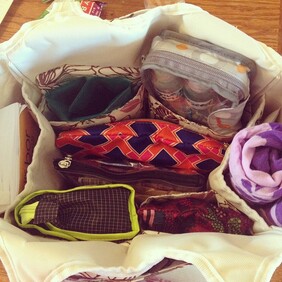 One of the very first things new doulas start to do (sometimes before they even sign up for trainings) is to brainstorm and start filling their bag of tools to use to help support people in labor. It's exciting! Like packing for a vacation! Google searches are made, Pintrest is scoured, lists are created and the purchasing begins! So, after 9 years of attending births and countless doula bag rotations and changes, what can I offer you as a suggestion for what you need to bring? Answer: A whole lot less than you think. Part 1: THE BAG I have an amazing ability to get bored with a purse or diaper bag after about 3.5 trips with it so I actually have 3 doula bags that I will rotate through depending on the month. The smallest one is a lovely blue woven bag that was a gift from my aunt on Christmas about 20 years ago. It was funky and lived in the closet until it called to me one day, begging to be brought to births... I usually tote this with me to births I anticipate will be quick... a second time birther at home, or something like that. The medium sized bag is the one pictured above and that is my standard bag lately. The "Big Kahuna" is actually a JuJuBe Be Prepared diaper bag that I love way too much to retire. I use it as my birth bag when I know I have a lot of people due and I anticipate possibly needing to go from one birth directly to the next without time to restock my bag! Part 2: Stuff for you What? You didn't think you'd need that much stuff? I will say that when I first started out, the majority of my stuff was for "them", but over the years, I started ditching weird massage tools and stress-squishy-balls and added in more snacks and a can of dry shampoo. Beware that this list is real and a bit TMI-ish... read at will:
Part 2.5: What do I wear?!
Part 3: Things for them:
Part 4: Tech for the Birth Worker *a separate blog post coming soon!* That's it. Honestly. Your hands will be stronger than any massage tool or fancy gadget. I never got coordinated enough to use the tennis ball in a tube sock, so I ended up tossing it and just using my fists. Here are some things to AVOID: No-No List:
There is a new trend I'm seeing in the world of doula work and I have to say, I don't like it. It's a shift in the mentality that once drew me towards a profession full of support and sister(brother)hood. Doulas are now telling other doulas how to run their businesses. Scathing blogs are being written about how taking births for free is going to ruin the profession. Seasoned doulas are shaming brand new doulas who have decided that offering a birth for a reduced cost or no cost in order to gain experience is a disservice to all doulas everywhere and the clients they serve.
It's packaged neatly in words like "you're worth it!" and "be proud of what you offer!" and "own your worth!". Behind it though, is a fear-based catalyst that these reduced cost doulas will somehow take away the clients from the doulas who charge full fees. So, let's talk brass tax... How much should a doula charge? Whatever the doula wants to. It's not anyone else's business how much or how little that doula charges. The doula will do market research and see what doulas in their area are charging. They will likely scan DoulaMatch.net to see what other doulas with their experience level in their zip code are charging. They will look at their own family situation and decide what it will cost to attend the birth (gas, parking at the hospital, childcare) and they will come up with a reasonable fee. New and seasoned doulas will increase this fee as their experience grows and the market shifts. Can I do a birth for free? Sure. Why not? That's up to you. Remember though that no birth is actually free, you will have out of pocket expenses at each birth you attend. Sometimes though, a birth will come along that really speaks to your doula heart. A military mother who's husband is deployed. A lesbian couple who can't afford a full fee doula with queer experience in their zip code due to the mounting costs of fertility treatments they needed to get pregnant. A teen mother who is scared and feels alone. The mother who is placing her child to be raised by adoptive parents and needs someone in her corner for full support. A best friend. A sister. Any of these can ring out and pull at your doula heartstrings and I personally encourage you to listen to your doula heart. Is this a month where your calendar is full of paying clients and you have the space to take this on at a lower fee or free? Will it fill your soul in ways that money doesn't? Is it worth it TO YOU? Or is it not? Do you feel like a business that offers a discount or charitable offerings is not successful? Do you feel like you should be paid for your time regardless of how much experience you have? Then by all means, do not take that low paying client. You will resent them and not be your best self in their birth room. Clearly, a business that offers services for free isn't a "business", right? Says who? Lawyers do probono work all the time. Doctors volunteer at clinics. That pizza joint on the corner sponsors the Little League team. The drug store down the street donates a bunch of extra supplies to the homeless shelter. What about that coffee shop stamp card in your wallet? For every ten coffees they sell you, they give you one for free. So maybe for every ten births I do, I can offer one at a discount. Sure, it's a massive price point difference but let's explore why do they do it... Advertising!!!! I have NEVER regretted a free or discounted birth and do you know why? Because I have gained something in return. Sometimes it's simply an experience to add to my list, sometimes it's a tip or a gift. More often than not, it's a repeat client who can afford more next time and in the meantime, shares my information with friends at parent-baby group and I gain 3 more full fee clients. I also get to work with new care providers who learn about me and what I do and I hand them a stack of cards at the end of the birth which results in years of referrals down the road. Marketing our services is HARD and the best way to do it is in the birth room, so get in there! What about the experience? Is that really worth it? Absolutely. Your training will give you practical skills but you won't learn how to read a laboring moms movements or hear the intent in her labor song until you are in that room over and over and over again. This is a profession that is studied with experienced-based learning and it's downright cocky and rude for doulas to suggest that they are as knowledgeable as a doula who's seen 50 births when they walk out the door of their training. Keeping my finger on the pulse of the midwifery community through friends and colleagues has given new insight to this trend as well... they're baffled at many things within this new surge towards doula who claim you can make "executive salaries" if you work like they do. Student midwives have to PAY their preceptors to attend births with them so they can learn and gain experience. OBs spend years as an intern, often paid less than the nurses are. Why do they do this? Because in order to be the best in your profession, you need experience and you need to get that however possible. In some areas, gaining experience will look like a doula charging a low fee and in rural areas where doula work is unheard of or rare, it might mean free so that you can grow this profession and put your name out there. A word of caution if you opt to charge the "experienced doula rate" for your area and you do not have that experience level yet: be prepared with a confident answer for your interviews. When a family asks you what your experience level is, they may raise an eyebrow if you say you've only attended 3 births or none at their intended birthplace. Sometimes they will hire your confidence and not your experience, but you also should be ready to have a light workload for awhile and possibly drop your fees in order to get your experience. Bottom line... This is a profession that has many many many options. There are industry standards or each city and state, but overall, there are many kinds of doulas with many price points and business practices. Some doulas will never be able to offer a free birth, some will. ALL doulas should be kind to each other and support the many ways that this work can be sustainable for each individual doula. Just like we support the families we serve and help them find their best birth choices, so must we support our doula sisters and brothers while they find their best doula business choices. Informed choice, respect after. 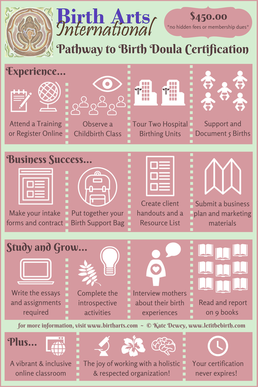 So Kate, now that I've enrolled, what can I expect to learn at this training workshop? This weekend workshop will fully equip you to begin your work as a doula. You will not leave the weekend with a certification in hand, but you will have the skills to support mothers in birth. We cover the following:
YES! With your registration confirmation email from Kate, you will get the book list for certification and that is an excellent place to begin! You will need to read 9 of the books on the list and having that base knowledge before you take your training will give you a deeper understanding of what this work can mean as we explore it. You can also find a childbirth education course to audit before your training and contact your trainer for documentation forms if you do! This is especially helpful if you have never taken a childbirth education course before or haven't given birth yourself. What else is required for certification? The requirements for Birth Doula certification break down into three basic categories: Experience, Business Success, Study & Grow. Experience:
That's it! It might seem overwhelming at first but these all serve a purpose: To help guide you to be the best doula you can be and to truly find YOUR best business practices. Spoiler alert: they will likely look different than every other student in your class. Just like birth preferences are unique to the mother, so will your doula heart be unique to you. What makes Birth Arts different from other organizations?
So here's the thing... Birth Arts International believes firmly that our organizational standards of excellence speak for themselves. We believe that there is a perfect doula organization for every aspiring doula. Birth Arts may be right for you but I encourage you to look at the other organizations to see which one fits your doula style and heart. Here is a brief overview of why *I* feel that Birth Arts should be at the top of the list:
That all sounds great, but $450 is a lot of money... is there any kind of discount? Is it? Really? Sure to some families, $450 is a month of rent or food... but I challenge you to find any other career that can be started and certified for that price. $450 isn't all you might need to spend to launch your full successful business though, so let's break it down:
This feels like a lot, but consider that a newly trained doula can earn anywhere from $300-$600 on average for their fist few births and you can recoup your ENTIRE investment in the first few months. There is literally no way that you can afford NOT to take this training. Especially when compared to the training costs, fees and annual dues of other certification organizations. There are limited scholarships available but they are limited to special scenarios and you do need to consider the full investment into this. You are looking at maybe around $1,000 for a complete start up into a business that can earn you $30-$80k in the future. My first year as a doula, I made $7,000 and that wasn't even full time and I charged way less than new doulas do now. Wait, so I can charge money for my certification births? Hell yeah you can. You should! Birth Arts does not limit what you charge for your births, nor do they require that you charge. You can be free if you want but consider this: no birth is free. Every birth will cost you gas, parking, supplies and potentially childcare. Charge money for your certification births, even if it simply covers your estimated costs. Down the road, you can raise your fees and even set the high enough that you are able to offer your services completely free to those clients who speak to your heart... do you have a passion for serving teens? Single or military mothers? Mothers relinquishing their babies for adoption? Women of color? Mothers experiencing loss? Keep your heart work in mind while you grow! You mentioned childcare... and I feel totally stuck. How do I manage that? Network. Community. The Village. Childcare options may feel overwhelming but you have so many options:
I have been a doula as a married mother of two children (one of whom was still nursing), and as a single mother of three children (again, the youngest was nursing) and as a re-married mother of 5 blended children. I have had other doulas on call for me at night for a flat rate, I have had a long list of "potential sitters" that I worked down as the labor call came in and now I have JulieTheSuperNanny who literally steps into my minivan when I step out to a birth and runs my house like the badass she is. The bottom line being: try out options for childcare and don't be afraid to explore every area to find the perfect situation. I found JulieTheSuperNanny through a neighboring Buy Nothing group on facebook! Be creative! What about your partner? Are they supportive? Ah. Yes, the partner. If you are a single person looking to be a doula, you face a different set of struggles that I'll address later. If you are partnered, you need to have a serious and open conversation with your partner about what this will mean for you and your family:
I swear we need to offer a support group for the partners of doulas and midwives... they have many tales of interrupted sex and they know the best pizza places that deliver dinner fast! They also know that the joy they see in us when we walk in the door with amniotic fluid on our pants and vernix on our elbow.... and the way that our work sets an example for our children about following your passion and being a proud business owner... it is worth it. Are you ready? Click HERE to take the next step! I am so excited to announce that I will be running a "Birth Arts International Experienced Doula Crossover Certification Retreat".
...wow. That's a mouthful. What is that now? There are many experienced doulas in the Pacific Northwest Region that are looking to re-certify with Birth Arts International. One of the many reasons I love BAI is that they cater to the unique needs of each individual doula. Has your certification lapsed? Is your current certification organization requiring massive amounts of CEUs? Do they want you to start at square one and take your original training again? BAI doesn't require that. We have crafted the perfect crossover recertification process for the experienced doula in the Seattle area and the steps are as follows:
Going forward, there is a vibrant online community of BAI doulas and you can help grow the BAI presence in the Seattle area! BAI is not new... they've been certifying doulas (mostly in the South and East Coast) for nearly 20 years. It's time Seattle shared in the joy that is Birth Arts International! As a celebratory kick off to the growing BAI doula cohort, I will be hosting a BAI Meet Up on this retreat weekend... all BAI students and practicing doulas in the area are welcome on Saturday evening at 7pm! Information on this will best be found via the Facebook Event as well as on the main registration page.  When creating your birth plan for birthing at the hospital, it is good to know that in the Greater Seattle area, most of the things families desire are standard practice. Babies are nearly always put skin-to-skin after a normal delivery, breastfeeding is strongly encouraged and babies are only sent to a nursery if they need extra monitoring. We recommend treating your birth plan as a “get to know our family” document to introduce yourself and your unique wishes to the hospital staff. Below, I've outlined a common list of things to include that should have you covered! Format: • Titling it “Birth Wishes” or something similar is a good way to begin the positive relationship with the hospital and also reframe your own mind that birth cannot be planned. We can state our wishes and intents, but the flow of your labor will depend on your baby and your body! • I recommend creating a birth plan that reads like a bullet point list of short blurbs. This will be read by nurses at each shift change, so keep it simple ☺ • Be gracious in your wording, you get more bees with honey than vinegar! Proofread it and keep it to one page! Things to include: • Who will be there? Mom, Partner, Doula, Grandma? Sister? Birth Photographer? What are your wishes for family members and friends who pop in while your in labor? • Who’s inside you? Tell them about your baby! Is this your first baby? What other birth experiences have you had? A quick note about your family and how your previous deliveries went can help the nurses support you best. • What are your wishes for pain medication? Do you want them to ban the word “epidural” from the room or do you want them to let you know when that option is available for you? Do you have a code word that you will use if you decide to have medication? Though the information will be in your chart, you can remind them here of any allergies or reactions you have to medications. • Regarding interventions and deviations in normal birth, how do you want information presented to you? Would you like time alone to discuss options? Do you want new information presented to partner, to mom or to both? If you have decided to refuse standard hospital procedures such as a hep-lock port, postpartum Pitocin or continuous fetal monitoring, list those out and mention that it has been discussed with your care provider. • Do you have goals for the “vibe” of the birth room or have you practiced a certain style of labor coping such as Hypnosis or are you bringing in a rental tub to use in labor? Let them know anything unique to your labor. Things like calm voices, music and low lights are pretty standard, but feel free to mention it anyways. • Are there any special requests you have for the birth of the baby? Do you want to delay the cord clamping? Are you banking or donating the cord blood? Are you keeping the placenta? Who wants to catch the baby? Does someone want to cut the cord? How long would you like to have your baby with you before they are taken to be cleaned and examined? • Do you have a plan for the immediate baby care? Would you like to delay the first bath? Would you like to keep out visitors for the first few hours? What do you want that time of bonding to look like? • In the event of a surgical birth, what are your wishes? Do you want more than one person to accompany you to the OR? What would your wishes be for the baby after the birth? There is not usually a lot of leeway here, but it is good to mention it anyways. Once you've finished it, have a draft ready to bring to a prenatal visit and go over it with your care provider. If there are things that they won’t honor in your plan, it’s never too late to discuss finding a care provider who will fit your needs. Remember, you hire them! Happy Birthing! Kate Dewey Birth Arts International is a rapidly growing doula organization that offers certification programs and continuing education for doulas nationwide. I am thrilled to be joining their ranks as a doula trainer and will be offering trainings throughout Washington state!
Many parents and doulas have asked me why, after seven years in the field, I have decided to align so strongly with one organization and I am here to tell you my reasons... 1.) It's accessible to more doulas! A common motto heard is "a doula for every woman" and in order to make that dream possible, doula trainings need to be less expensive than most models out there. Think of it like a CPR training... those are relatively inexpensive because we need people with these skills out in the world. Our communities need doulas and BAI has crafted an extensive training that is more appropriate for the budgets of aspiring doulas. They also offer an excellent distance learning course for those who are not near an in-person training site! Also, you have no time limit to finish your certification... they ask that it take no longer than two years, but there is no fee if you need a bit longer. 2.) The training is more extensive and realistic. How many births will it take for you to become a certified doula? BAI requires documentation of 5 births which is actually more than most other organizations... their documentation is more appropriate as well. BAI does not require you to have your work evaluated by the doctor, just the family you served. The book lists, assignments and training really set you up to run a successful business. The homework is focused on business plans and how you plan to market and connect with your clients. 4.) There is a genuine trust between the organization and the doulas it sends forth. There are no annual dues to keep your name tied to the organizaion. They do not require re-certification. Your certification never expires... once you have the knowledge, they trust that you won't lose it. What about continuing education? BAI trusts that if you plan to make yourself successful and maintain a good reputation, you will stay informed and up to date with the developing trends and knowledge within the birth world. 5.) Continuing Education with the same model of professional respect and accessibility. Since a good majority of doulas opt to branch out and become postpartum doulas or childbirth educators, BAI has expanded their organization to include those certifications as well as many others! 6) Connection. Through their online classrooms, facebook groups and their growing network of local Doula Trainers, BAI strives to hold each doula's hand as they walk this path. We doula the doula in every sense of the word. Okay Kate, I'm sold. This sounds like an organization I can really work with and I want to become a BAI doula! What do I do??? Excellent! You can explore more about their certification programs HERE and if you are looking for an in-person training in Washington, please check my Doula Training Page for updates on what we have coming up! Following BAI on Facebook is also a great way to begin the connection with doulas in your area. |
AuthorsThe Let It Be Birth Doulas will use this space to write blog posts about their work, our doula community here and worldwide, and general birth and parenting. Archives
June 2021
Categories
All
|
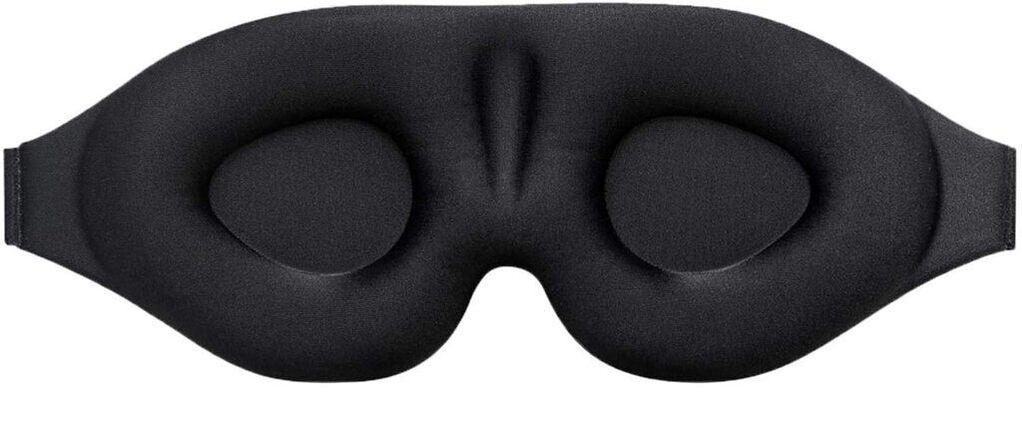

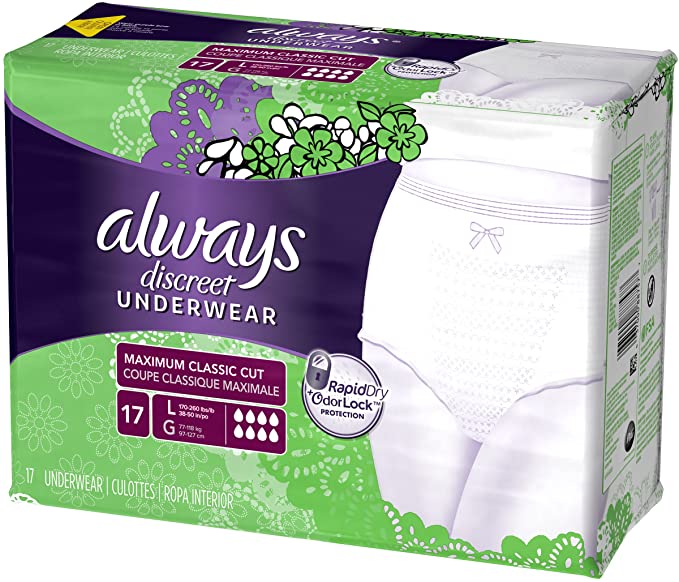
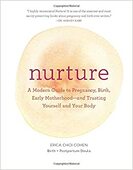

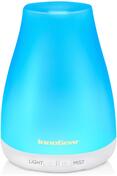

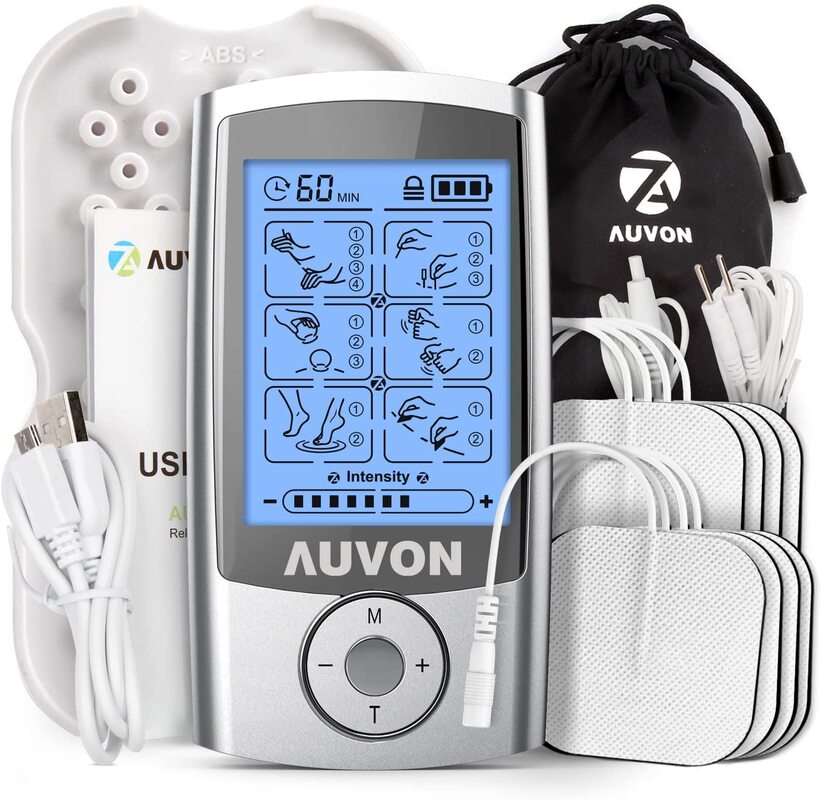
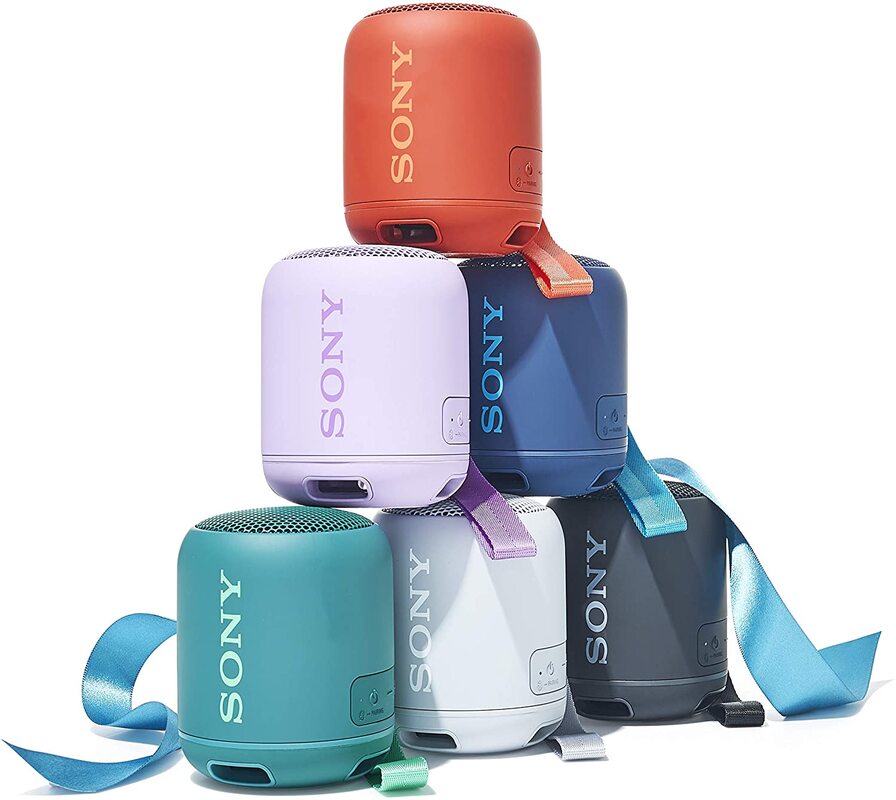
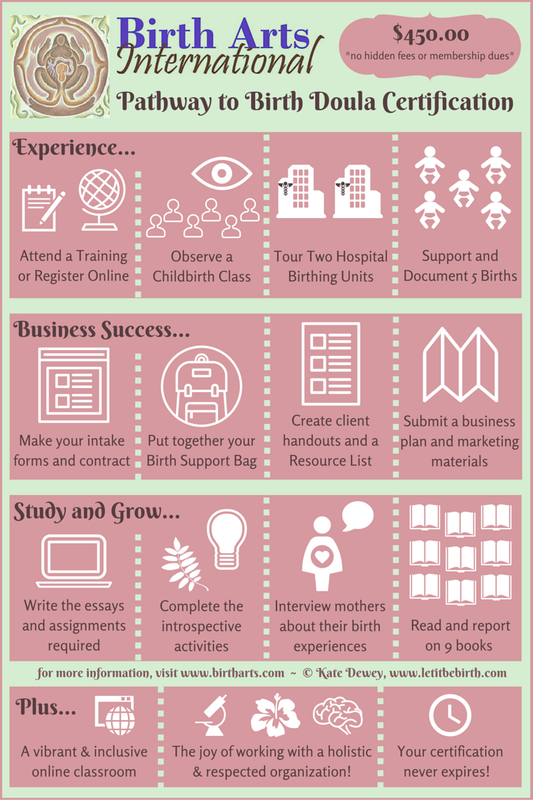
 RSS Feed
RSS Feed